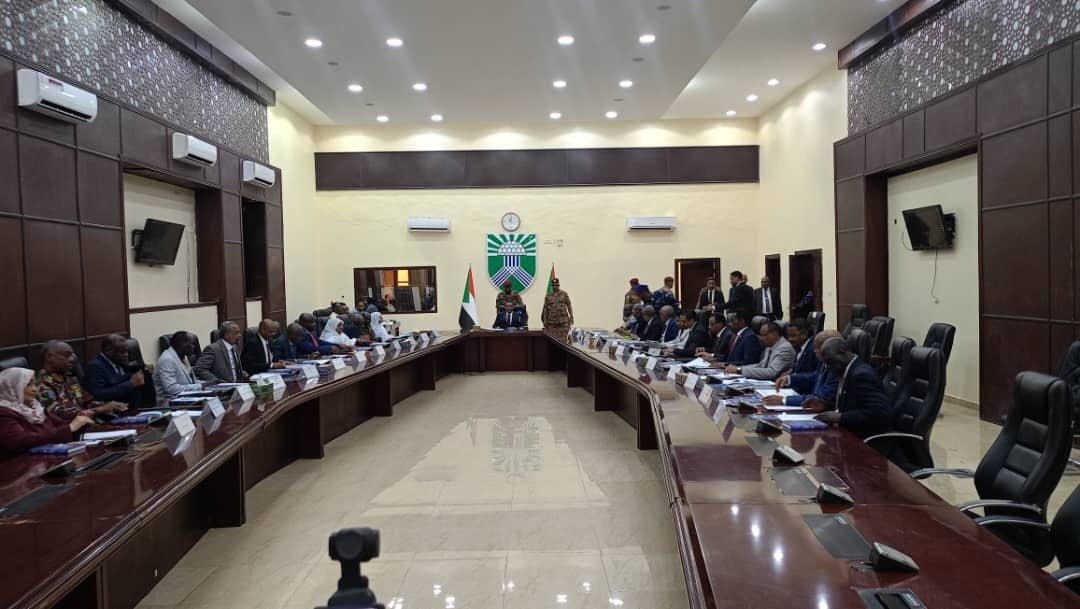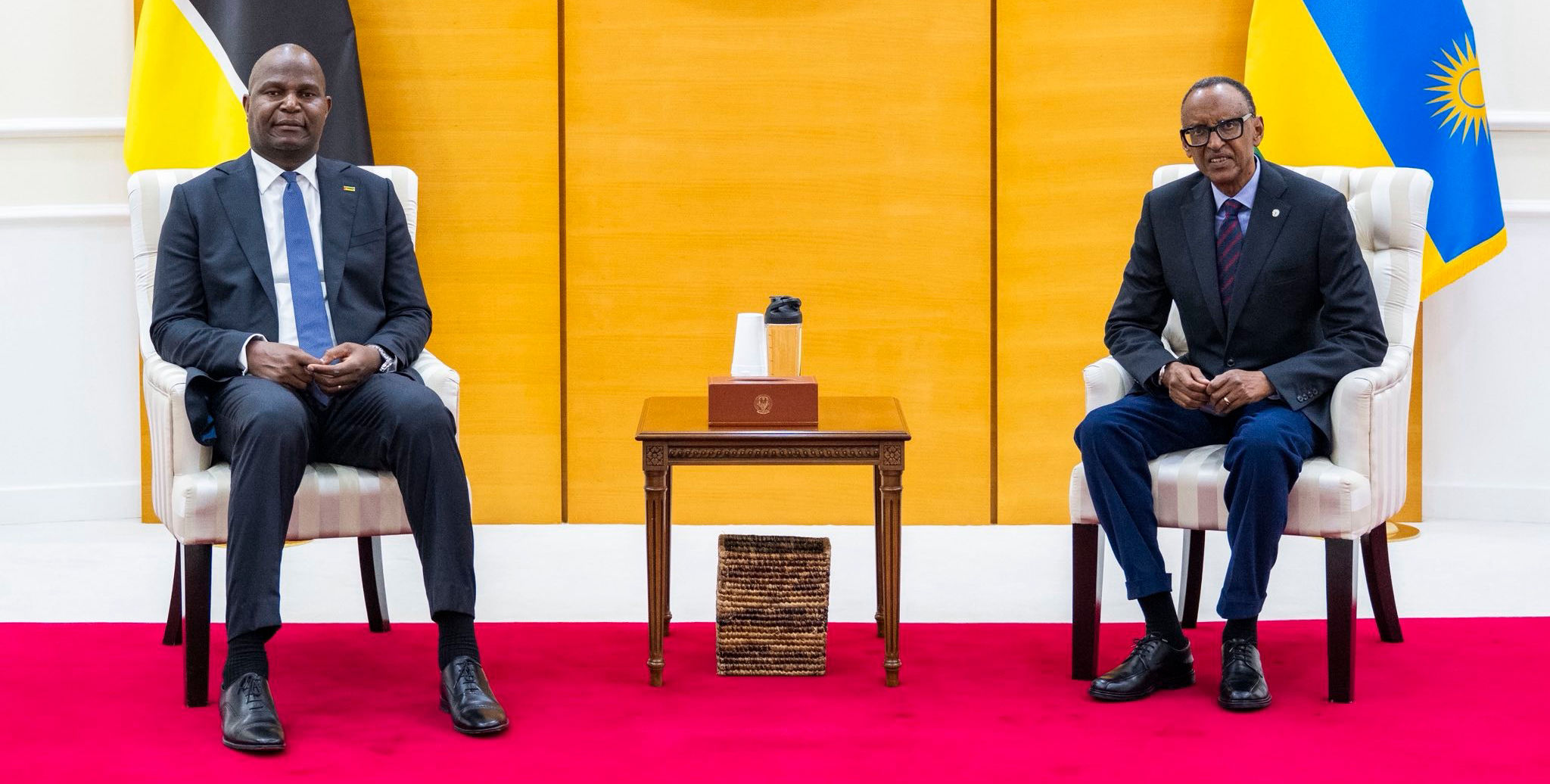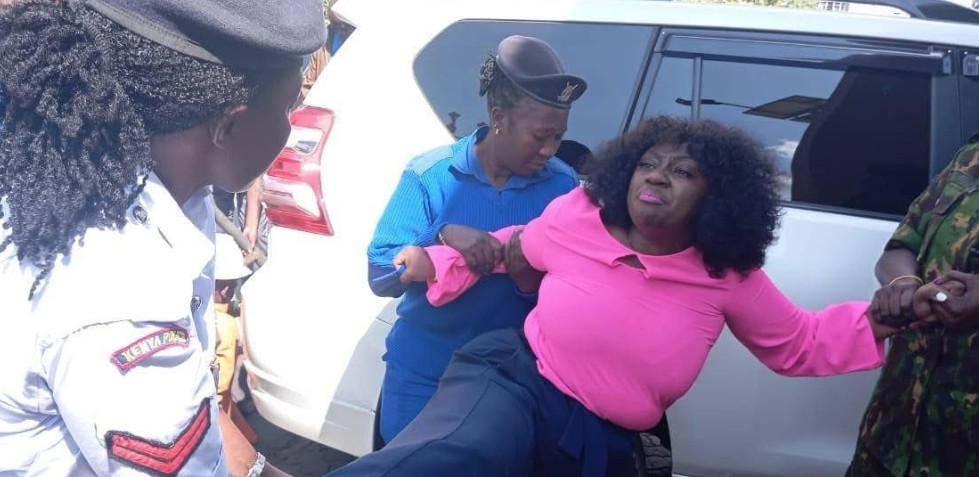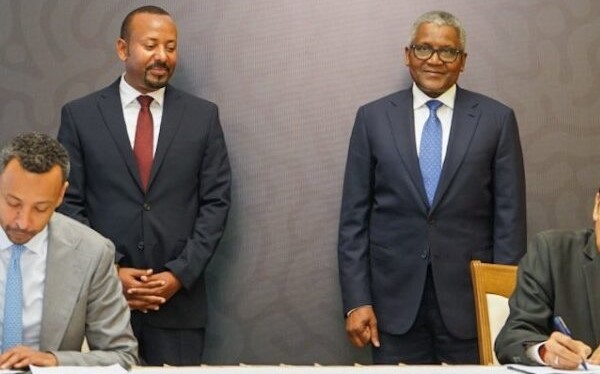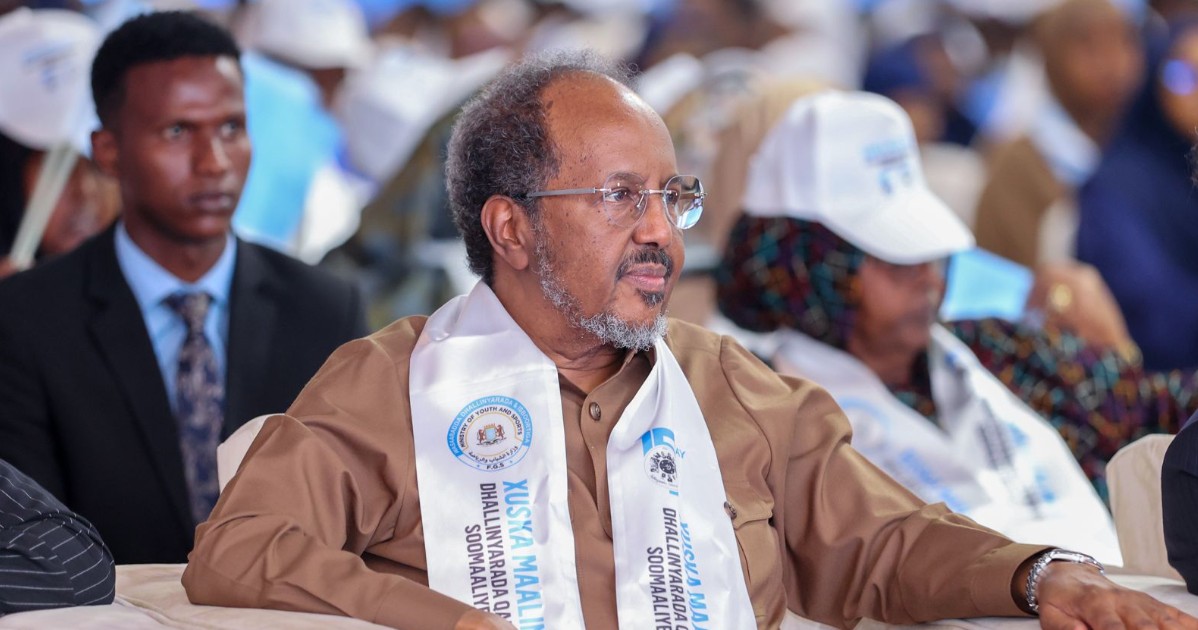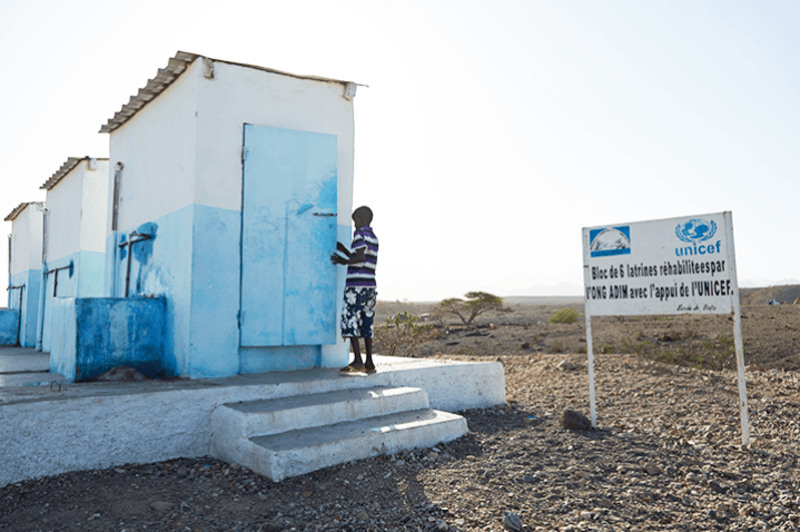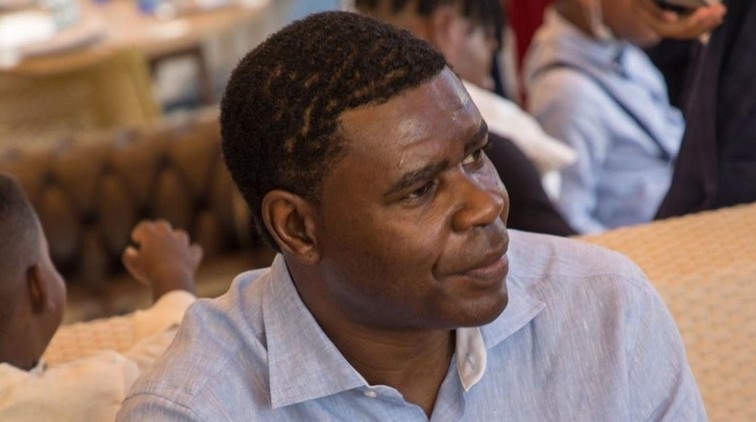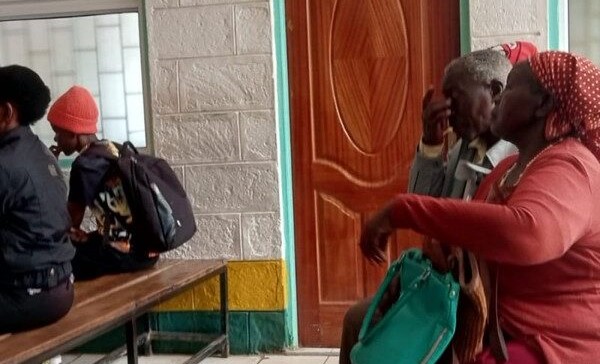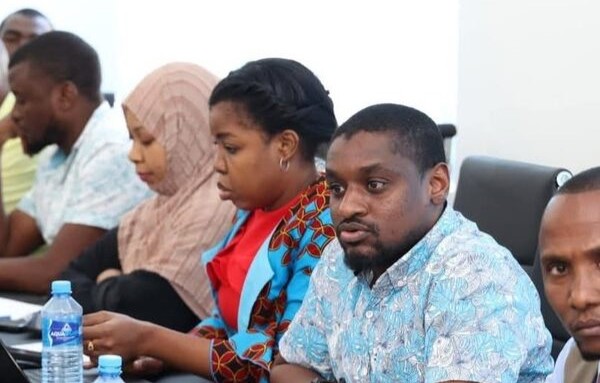Amnesty urges East African Court to probe activist Mwabili Mwagodi's abduction
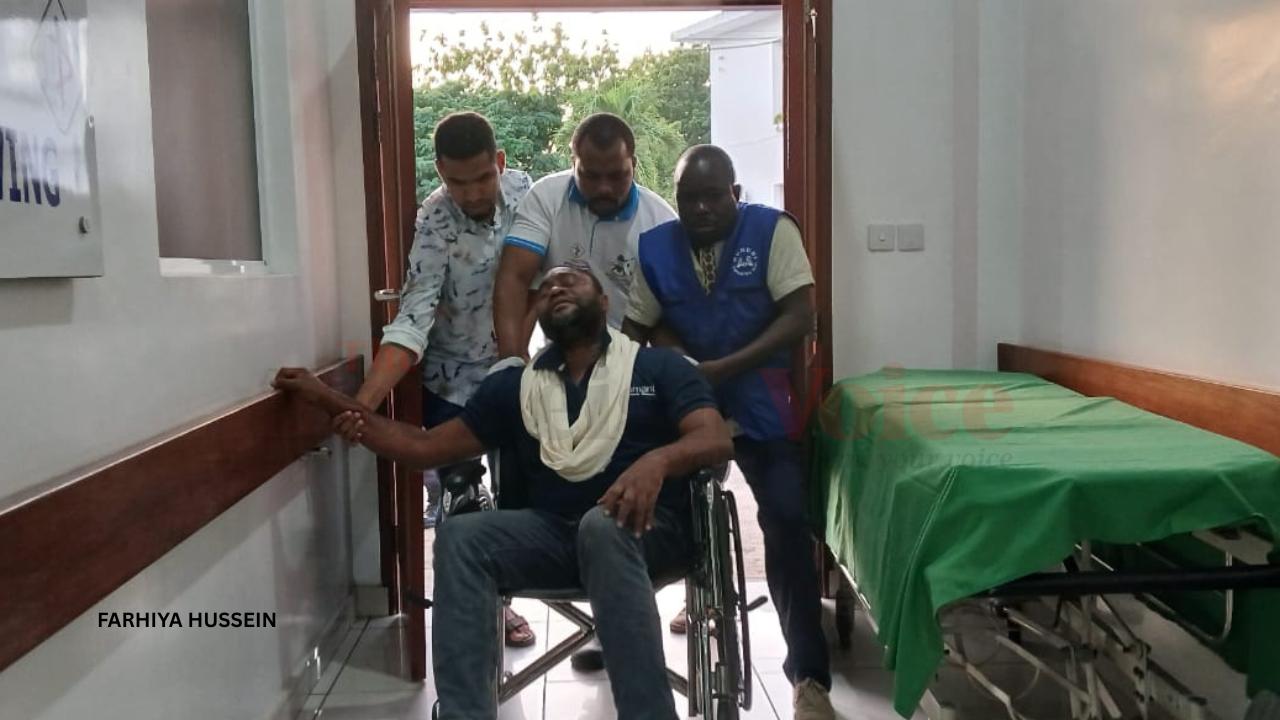
Amnesty further faulted the silence of both governments throughout the period the activist was missing, saying it was deeply troubling and signals a lack of commitment to justice and human rights protection.
Amnesty International Kenya has urged the East African Court of Justice to step in and launch an independent probe into the alleged abduction of Kenyan activist Mwabili Mwagodi in Tanzania, saying both the Kenyan and Tanzanian governments cannot be trusted to handle the matter impartially.
In a statement on Sunday, July 27, just hours after Mwagodi was found abandoned in Kwale County, Amnesty called on the regional court to lead investigations and ensure that legal action is taken against those responsible for his disappearance and mistreatment.
More To Read
- KHRC, civil rights organisations highlight governance failures on Katiba Day
- Amnesty backs Irungu Houghton's appointment to protest victims’ compensation panel
- 'Muthaiga 3' activists set free after High Court rejects case extension request
- KHRC calls for disbandment of Ruto’s protest victims compensation framework
- Rights groups demand justice after Del Monte guard allegedly kills vegetable vendor
- Maina Kiai appointed chairperson of KHRC board of directors
“We reiterate our call for independent, impartial investigations and accountability in the East African Court of Justice, as well as protection for Mwagodi and other activists who face increased risks,” the group stated.
Amnesty further faulted the silence of both governments throughout the period the activist was missing, saying it was deeply troubling and signals a lack of commitment to justice and human rights protection.
“The silence of both Tanzanian and Kenyan governments during his prolonged detention, transportation, and abandonment is deeply troubling,” the statement added.
Amnesty also noted that executive and judicial inaction in both countries, not only in Mwagodi’s case but in other recent incidents, undermines public trust and makes it impossible for national systems to lead credible investigations.
The organisation demanded that all activists facing potential abduction or enforced disappearance in both Kenya and Tanzania be granted the necessary protection.
“We salute the public pressure generated by his family, the public, and human rights organisations,” Amnesty said, crediting the collective outcry for helping to secure Mwagodi’s release.
Echoing the same concerns, the Kenya Human Rights Commission (KHRC) also demanded that both governments be held to account for what it described as a coordinated cross-border abduction.
“KHRC demands that the Kenyan and Tanzanian authorities be held accountable for the cross-border collusion that led to the abduction and enforced disappearance of Mwagodi, as well as any harm that may have been inflicted upon him,” KHRC said.
Mwagodi, a well-known human rights activist, reportedly disappeared in Tanzania on Wednesday, July 23. He resurfaced early Sunday, July 27, after being dropped in Kwale County.
According to Vocal Africa CEO Hussein Khalid, Mwagodi was able to contact his family and later voluntarily walked into the Diani Police Station for help. However, police officers attempted to detain him until Vocal Africa intervened to secure his release.
“When he finally reached Diani, around 3:00 am, Mwabili Mwagodi actually thought presenting himself to the police would be a good thing, so he voluntarily went to Diani Police Station,” Hussein explained.
Mwagodi is currently undergoing a medical check-up at a hospital in Mombasa before being reunited with his family.
Top Stories Today
